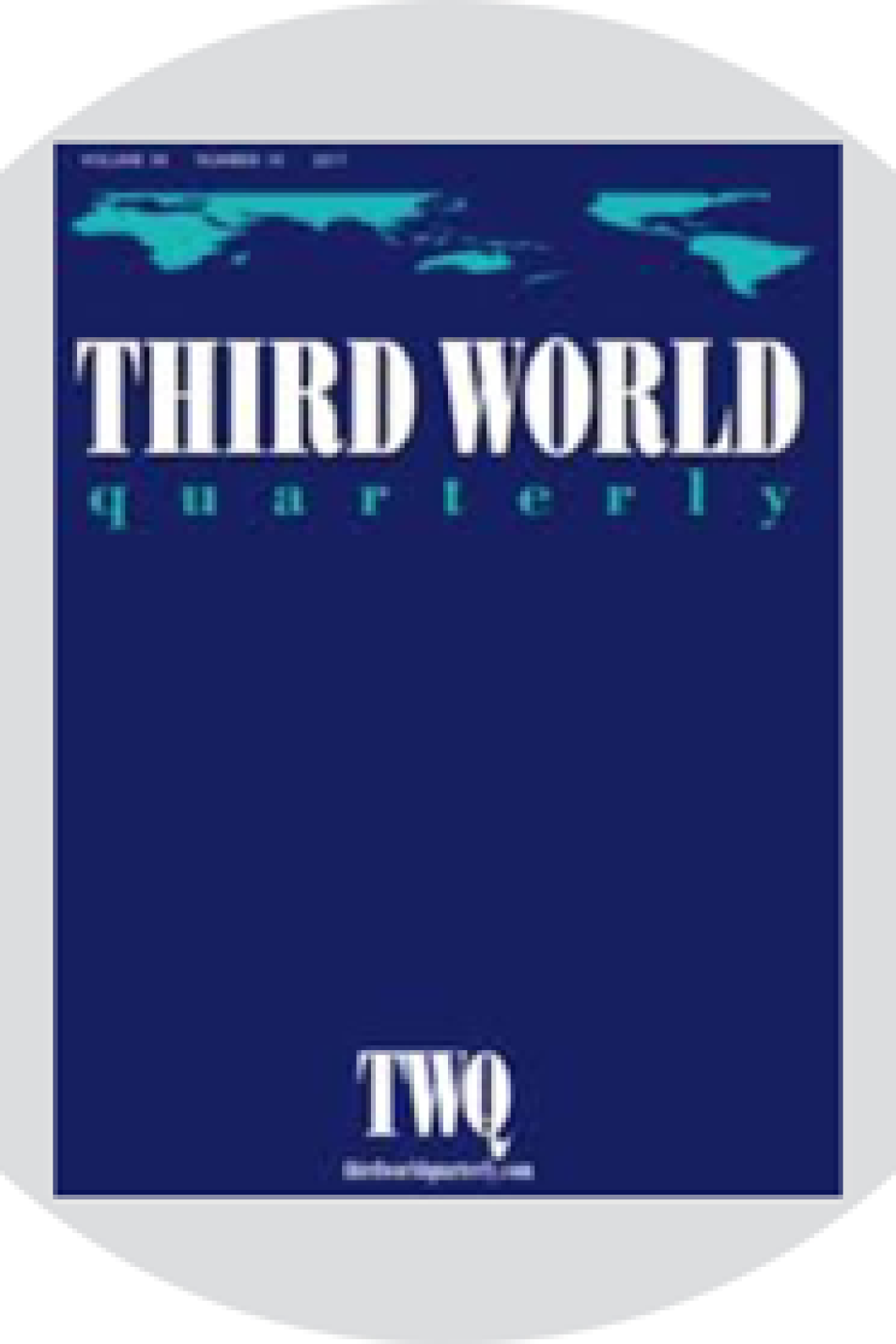New article by Georgia Cole explores how documents shape UNHCR's behaviour
A new article by Georgia Cole in Third World Quarterly explores the role of documents in shaping the behaviour of the Office of the UN High Commissioner for Refugees (UNHCR).
In issuing and circulating a litany of documents, organisations produce statements with important textual and material qualities and affects. While a discursive analysis focuses on the former, interrogating how language is used, this article propounds the need to explore the physicality of these objects too and adopts several heuristic devices to do so.
First, it outlines how the issuance of certain documents within the refugee regime suppresses within a ‘black box’ the supporting and competing narratives that resulted in their genesis. Second, and relatedly, it considers why particular announcements are capable of catalysing responses that outlive their authors’ finite intentions. Tracing the genealogy of these documents is thus argued to be critical for explaining the persistent and yet unpredictable influence of ideas, interests and pressures on institutional conduct, even long after their proponents have changed tack. By illustrating why greater attention should be paid to the ways that material objects can come to shape organisational behaviour, in this case legal texts, this article complements existing theoretical frameworks used to explain UNHCR’s conduct. This helps explain how, when and why non-legally binding declarations nonetheless came to bind UNHCR’s actions as it attempted to cancel the status of Eritrean refugees in 2002.
Georgia Cole (2018) 'How friends become foes: exploring the role of documents in shaping UNHCR’s behaviour', Third World Quarterly, DOI: 10.1080/01436597.2017.1416289.

